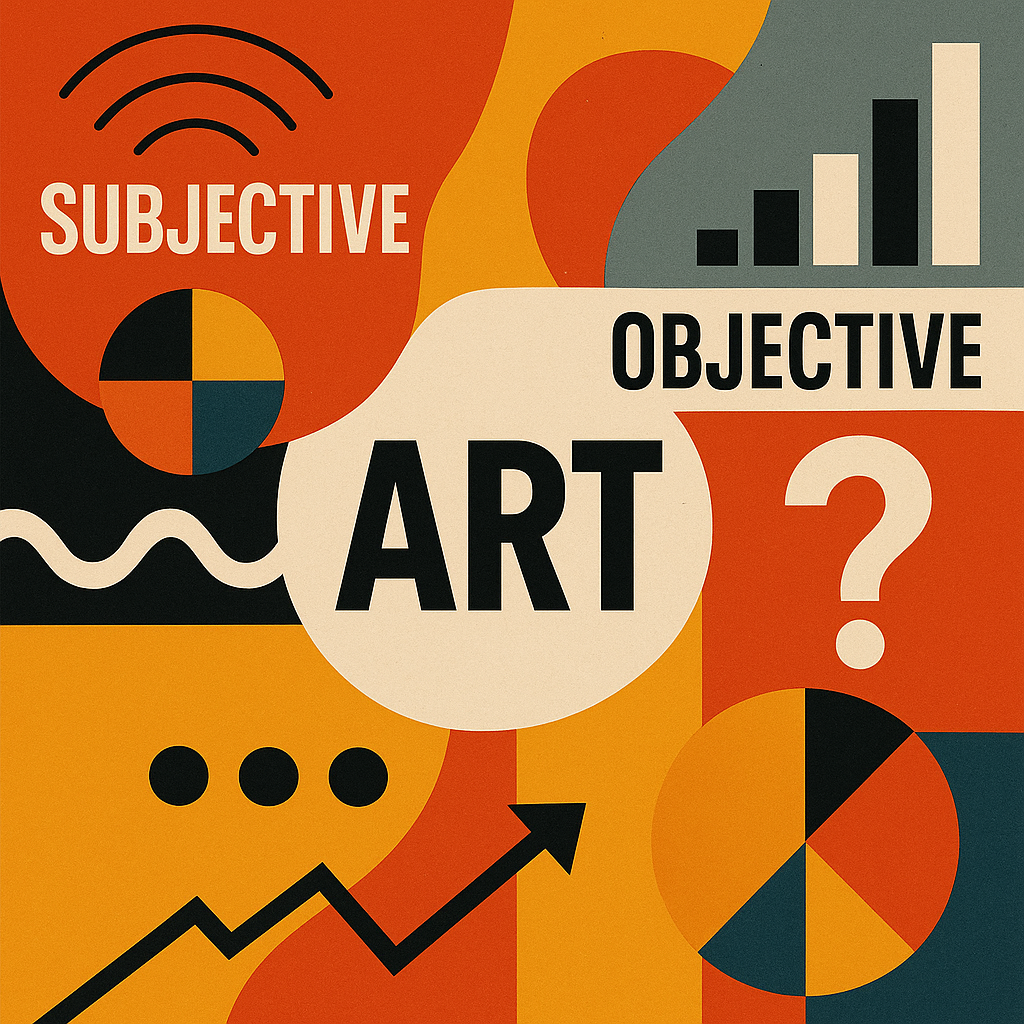Control
Control sounds like a good thing. The kind of word that makes you sit up straighter. Get your life together. Fix the mess. “Take control.” That’s what we’re told from day one. Control your emotions. Control your future. Control your destiny. It’s practically tattooed on every motivational poster that’s ever existed. But the problem is, control isn’t what we think it is. It’s not the steering wheel we picture it to be. It’s more like trying to hold onto water. The tighter you squeeze, the less of it you actually have. Think about it. Let’s say you plan your day to the last minute: the perfect morning routine, the productivity playlist on shuffle. Then maybe you’re stuck in traffic, or that meeting went on for longer than it should, and your whole timetable is derailed. That’s when you feel the panic disguised as control. The moment you realize that the universe doesn’t use a Google Calendar API. Control is considered to be somewhat of a cure to chaos, but sometimes it’s the cause....






